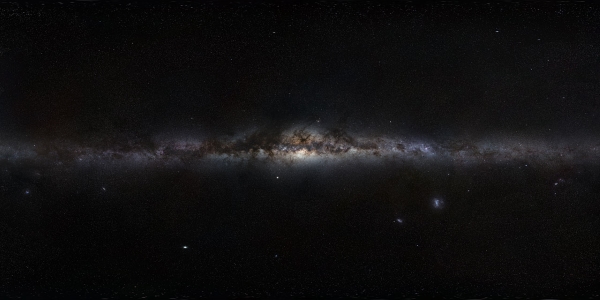The sky is the most fascinating thing we’ll likely ever see in our lifetime. It make us crane our neck upward, with eyes wide and lips parted in awe.

Yes, Earth is a wonderful place, so full of diversity and yet mostly undiscovered, so why bother even looking elsewhere? Because the sky is… well, all the rest. It contains billions of earths. Try to imagine what that means. Close your eyes and picture a vast expanse of worlds and, on a little fraction of them, life.
You can’t, can you?
That’s normal. We’re just not made for this. We humans are just a little sequence of fortuitous accidents apart from apes, but we’re not special. Think of us as a happy coincidence. We are a tiny subset of what’s out there, and we can’t grasp it all (yet).
So, the sky, most precisely at night. A dark sea of stars, and yet they’re nothing compared to what is beyond the visible. It must be this that makes my eyes shed tears – literally – when I look at the sky and think about it.
Knowing that we don’t know is enough to create the thrill for upcoming discoveries, and the dread for the realization that I will never know – not in my lifetime anyway. That’s the reason why I like to read and write about things that might happen someday in the distant future. I am confident that we’ll evolve into a galaxy-roaming species, beings that won’t call Earth home and that, maybe, will live in space for generations until they will reach another world they’ll settle on.
It has already happened many times on Earth, and the distances involved were ridiculous compared to the vastness of space, but space is made shorter by technology. It’s only a matter of time.
We’ll be up there, eventually.
